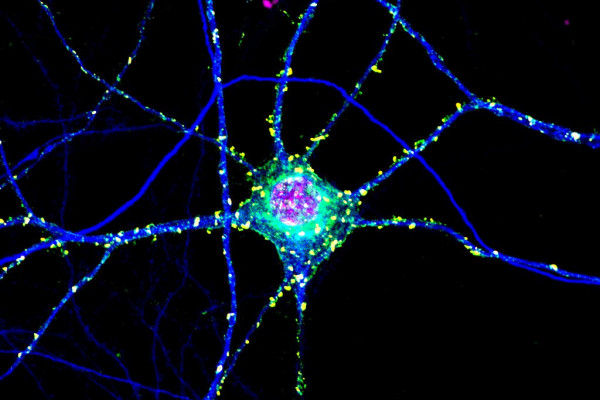Researchers have used stem cells to make neural implants more refined and with less scar...
Interviews with Scientists
Interviews about medicine, science, technology and engineering with scientists and researchers internationally...
NICE has approved 'breakthrough' lung cancer drug osimertinib, which has twice the success rate of existing...
...and they're a thousand times thinner than a human hair.
...and it was done by hacking people's web cams.
Three Brits take the prize for their discoveries on abrupt changes in the properties, or phases, of ultra-thin...
...and it's nothing to do with a calcium deficiency.
How cells degrade and recycle their cellular various components is what won the Nobel in medicine this year.
It's the first time genes have been implicated in food preference.
There are more people quitting that ever before and that's partly thanks to e-cigs but could they also be bad for...
The ways that plants respond to drought can be changed
Modelling the effectiveness of bednets against mosquitoes and malaria...
The drug rapamycin increases life expectancy in middle-aged mice
Exploring the neuroscience of the cocktail party effect: why poor listeners pay less attention
Fragments of ancient proteins are preserved in ostrich eggshells...
We've all heard of holograms that use light, but what about a sound hologram that allows you to move particles...
It's a weel know fact, sugar makes kids go round the bend. But is it really true?
New research could lead to a treatment for Spinal Muscular Atrophy
Think you know what the dinosaurs looked like? Think again!
A new 3D printed microscope could provide a low cost way to test for waterborne diseases.
When detecting and treating tumours, being able to visualise them is essential.
The new gadget that could save lives.
Could a light bulb be the latest in internet connectivity? Quite possibly...
New chemicals on bed nets could beat resistance in malaria carrying mosquitoes.
Could DNA quadruple helices be causing abnormal cell growth in cancer?
